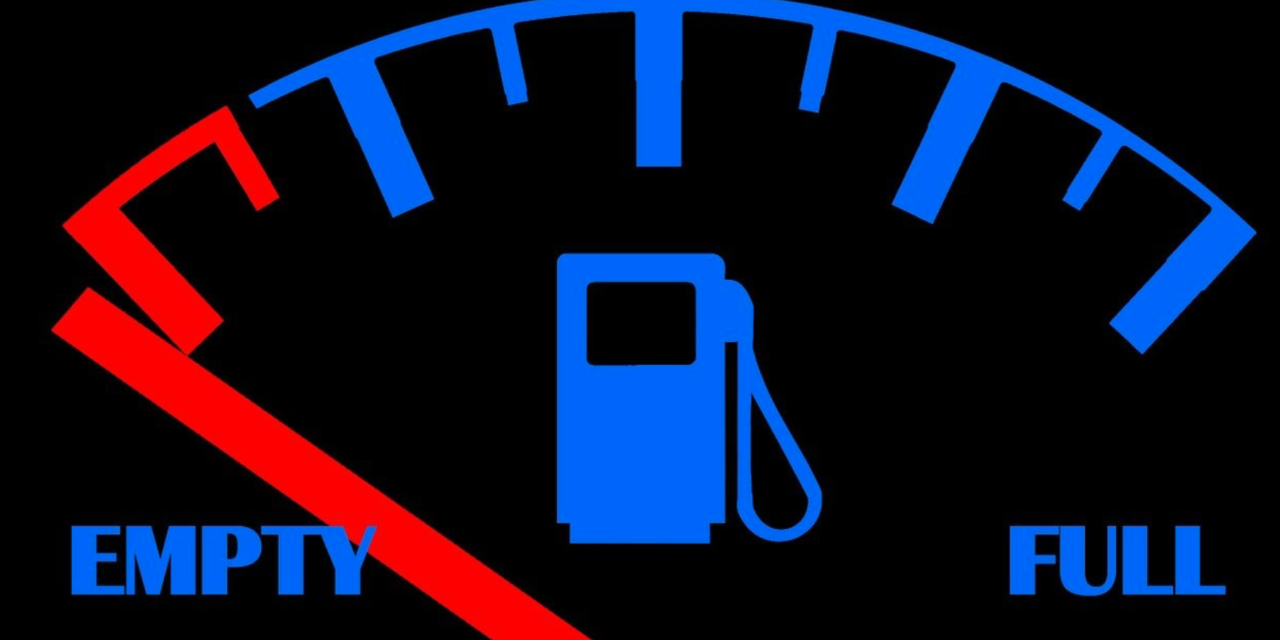The computer-hacking ransomware attack that has crippled the delivery of fuel through the Colonial Pipeline hasn’t just affected automobile travel across much of the Southeast and other parts of the country.
It has also presented a challenge for airports and airlines that need fuel to operate just like automobile drivers do.
While flights and operations at some airports in the Southeast are being affected, Piedmont Triad International Airport (PTIA) is holding up well for now due to a solid supply of fuel that the airport had on hand when the crisis unfolded nearly a week ago.
The pipeline hobbled by cyber-attacks is the largest refined fuel-products pipeline in the United States, and its temporary shutdown has meant that American Airlines has had to add fueling stops to some of its long flights, and Southwest Airlines has been adding more fuel to some flights in order to reduce the need to refuel those planes in areas of the country hit by the gas shortage.
At PTIA, there is concern over the pipeline supply and how long it will remain affected. However, the airport is in good shape right now according to PTIA Executive Director Kevin Baker.
“So far so good,” Baker said on Tuesday evening, May 11, as many automobile drivers in the area searched for gas.
According to Baker, PTIA was helped by having a good amount of fuel on hand when the pipeline attack occurred.
“We had solid supply going into this,” he said, “but we’re monitoring closely.”
Flights from Charlotte-Douglass International Airport to London and Honolulu were two of the “non-stop” flights that added fuel stops in the wake of the pipeline situation.
According to a report from CNBC, Hartsfield-Jackson Atlanta International Airport is reaching out to fuel companies and resellers to line up additional fuel suppliers, but operations at that airport haven’t been affected yet.
When operating properly, the Colonial Pipeline – which is headquartered in Alpharetta, Georgia and serves most of the Southern states – can move three million barrels of fuel over 5,000 miles a day.


You can see Colonial’s storage tanks as you drive out Market St. I understand the Colonial is back up to speed.
However, as some of you may noted, there is a confluence of pipelines in western Guilford County near the airport. This makes us a prime target for a terrorist attack on the storage tanks, or even the Big One being dropped on all of them. We live close enough to be vaporized, so if you see a blinding flash of light, bend over and kiss yourself goodbye.